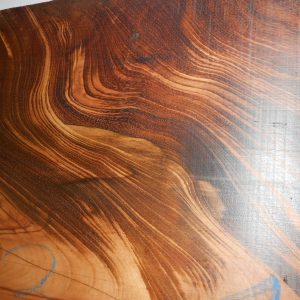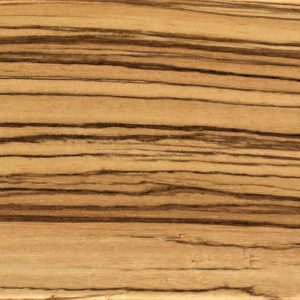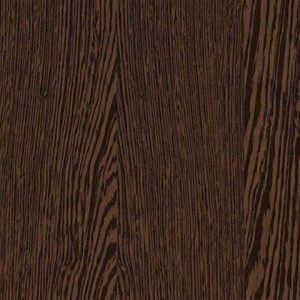Contact Us
- Block D Bota Beach, Limbe, Cameroon.
- +237 680 12 12 56
- contracts@afotimber.com
- Mon - Sat: 9:00 - 18:00
Frequently Asked Questions
We have gathered the most common question we get regarding doing business with African Forest Timber Ltd and it related services. If you have any further questions after reading our FAQs, kindly submit your query to contracts@afotimber.com.
General FAQs
While the type of wood you choose does weigh into it, our range of sizing is as small as your need may beor as large as the biigest tree size in the African Tropical Rain Forest. We will review your RFQ to determine if we are able to meet up with dimension demand. To initiate a trade with African Forest Timber Ltd, kindly submit your RFQ to contracts@afotimber.com.
We’re dedicated to standing behind what we mill, which mean you can expect good quality African rain forest exotic wood from us. We have a much more broad product list than the average saw mill, and we have the capability to do more things than our competitors. We have many more abilities and options for wood importers as far as profiles, textures, sizes, styles, and species.
No. Our timber is sawn on site from the forest before transporting to warehouses because we like to avoid the danger that’s involved in log transportation and government restrictions. Timber logs can shrink throughout the shipment process, which is why it’s important to avoid whole timber logs importation. According to the government forestry department, trailers transporting timber logs from the forest accounts for 80 percent of high way accident in West and Central African. Must West African Governments will be banning the transportation of logs from forest to city mills by end of 2023 due to high accident rate and risk it purses to the public. In coclusion log exploration is not sustainable, because it damages the forest a lot to make it way to the trailer points.
This depends on the timber species and quantity requested. Here are the lead times for a few of our more popular orders:
- Rough/smooth sawn – 2-3 weeks
- Dressing after sawn – 5-7 weeks
- Running a pattern such as Tongue & Groove or Nickel Gap – 4-6 weeks
Yes. We ship world-wide. Fore more information visit Delivery and Payments
Yes. We require a 40% deposit. If you’re a wood wholesaler or trader, you can set up an account for payments. Fore more information visit Delivery and Payments
If timber is sawn immediately after harvesting its natural growing state, timber contains a lot of moisture. As the timber is milled, processed, and eventually put into its end use, it will dry out and begin to shrink. The shrinkage over time will cause ‘checking’, also referred to as splitting.
As timber grows, it adds layers in the form of growth rings. This naturally builds tension into the fibre. As the timber dries out, the fibre stress can only be relieved by checking. This isn’t a continuous process; it will only progress until the point that it has lost all the moisture. However, depending on climatic conditions, the timber will continue to absorb and lose moisture.
A lot of the product that goes into fencing and landscaping applications is cut from the centre of the tree, commonly referred to as a ‘heart-in’ product. Some twisting may occur as the product dries out, in addition to the checking.
While the checking does occur, the product is still fit-for-purpose for outdoor non-structural applications.
Yes. Anyone can put in an order, from home-owner to building supplier.
Yes. We are license registered lumber company with the Chamber of commerce in Cameroon and incorporated subsidiaries in other African Countries. We higher only registered forester or a person working under the direct supervision of a registered forester to conduct sustainable forest management recommendations. There are individuals posting on the internet claiming to be large mega-state timber corporations. These individuals are not licensed to practice forestry and importers should proceed with caution when approached by these fake companies.
Marine cargo insurance covers all the loss or damage caused to ships or any other transportation or cargo by which the goods have been shipped. This will financially help importers with the expenses caused due to damage or loss of the goods.





